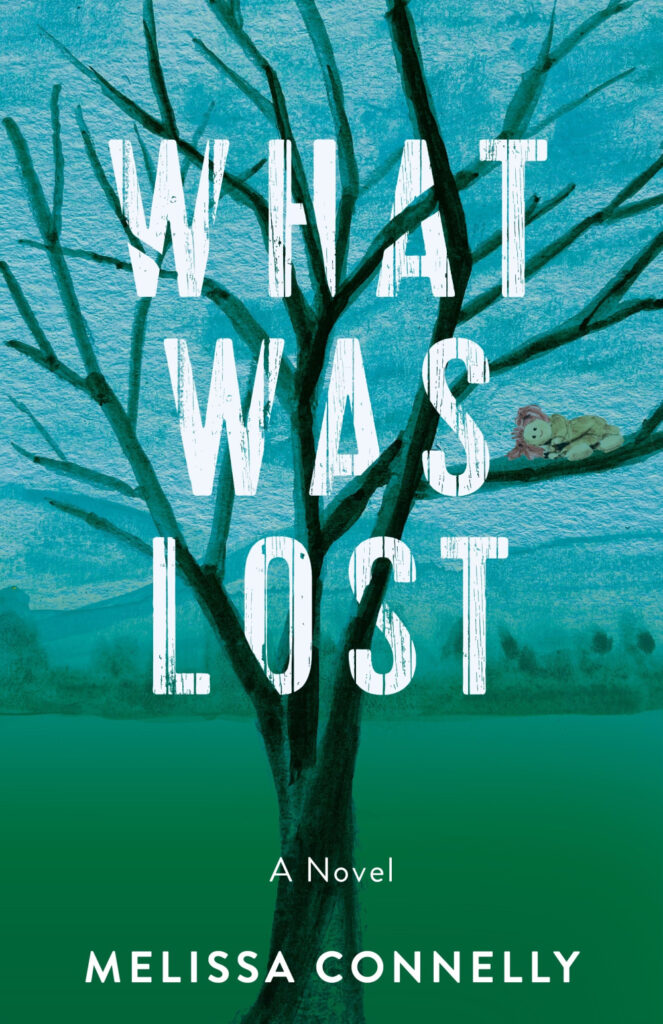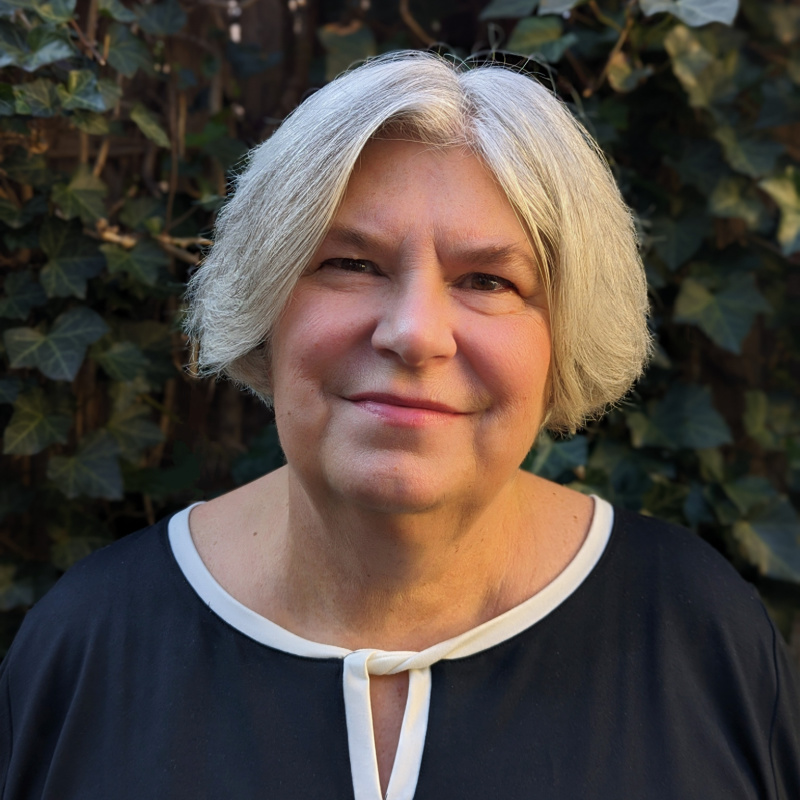I’ve always considered myself a writer, which doesn’t mean I’ve always written. When I came of age, I needed to earn my own way right away and didn’t see how writing could do it, so I became a nurse. I thought it was a brilliant career for a writer: life and death! I’d have so much to write about! But I didn’t take in to account how all-encompassing it would be nor how passionately involved I’d become in the work I did over many years.
Still, writing was always there, lurking in the background, the monkey on my back. I was envious of people who could simply relax without feeling that guilt of leaving unfulfilled something so integral to who they were. I’d take workshops here and there and write many short stories, but never in a disciplined straight line. Often in workshops, people would say they thought I was a novelist. Well, who had time for that?
In my mid-forties I finally felt free enough to get that monkey off my back and I enrolled in an MFA program. At first, I approached it like other workshops I’d done, a story here or there, sometimes reworking an older piece. Then my life took a sudden turn when my husband died unexpectedly of a heart attack, and I was left with two young children to raise.
Of course the MFA was halted. But facing tragedy and death up close, made me think about what really mattered to me in life. Was there anything besides my children? Didn’t I need something of my own? What did I care about? I went back to the MFA with a vengeance, deciding I’d write that novel.
The plot line had already come to me and that helped, as I’ve always been one of those writers terrified by the empty page. I like rewriting, taking a sentence or paragraph and crafting it endlessly. I followed Hemingway’s advice which is to always stop when you’re in the middle, so you can pick it up easily the next day.
And so I discovered, a novel was easy in that there was always a thread to follow and always something to rework. It took a few years and I had a first draft. And then I got to do my favorite part: the endless, reworking. Should the word be but or yet? Or maybe it’s actually however or though? Or not needed at all? Semi-colon or new sentence? (I’ve done all that here, too.) Oscar Wilde described writing thus: “I spent the morning putting a comma in, and the afternoon, taking it out.”
Sometimes all that naval gazing really takes off and you have a paragraph that soars. Wow, it’s the absolute best, one of those moments you truly feel alive.
Now publishing after 60 was daunting in an entirely different way, pitching to agents who wanted to know your brand, your platform, all these things I knew nothing of. But I persisted and here I am with my first published novel, What Was Lost, at age sixty-eight.
One of the tasks I had to do in preparation for publication was find people to write blurbs. I found this antithetical to who I am (aren’t writers shy by definition?) One day, while struggling with this, working in a coffee shop in my Brooklyn neighborhood, I looked up and realized I was staring into the window of my first apartment in the neighborhood. I said to myself, “Well, gee twenty-year-old Melissa, maybe you’re not Carson McCullers publishing your first novel at twenty-three like you were so sure you would. Okay, it took until you until you’re sixty-eight but you did it, you did it!”
The little engine that could.
Melissa Connelly is the author of What Was Lost available on Amazon.





Leave a comment and tell us what you think